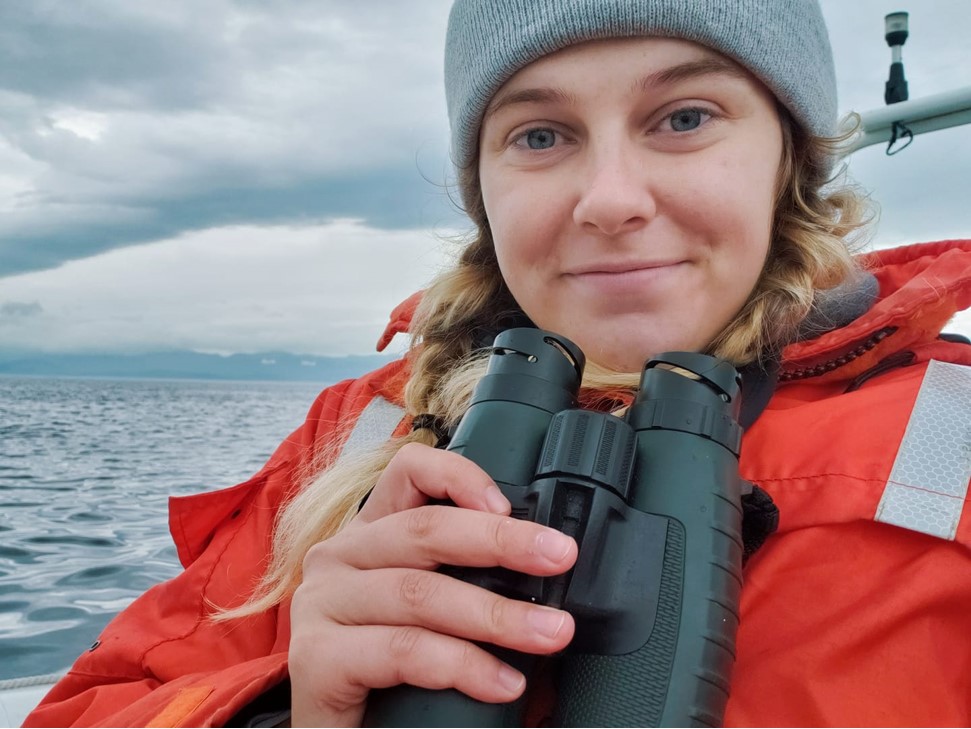Dane Pedersen
Being a Public Scholar is to commit to service through academics. While the term Public Scholar may suggest that I am operating as an individual, I believe that public scholarship is a collective effort requiring collaboration and innovative thinking across disciplines. I see a future that can be different, one that serves all people instead of only a select few. Public scholarship is about stepping toward that future, and about taking those steps together.
Research description
Communities and governments across Canada are struggling to respond to the rapidly increasing impacts of climate change. The threat of climate-induced ecological change is particularly acute in forest-dependent communities where the livelihoods of citizens are intimately connected to the robustness and resiliency of the landscape. As climate-adaptive responses in forest management advance from the realm of natural sciences, it is critical to simultaneously advance knowledge of the extent to which and how new policies and management approaches can better reflect the interests, values, and perspectives of stakeholders and rightsholders. The overarching aim of this research is to analyze shifting society-nature relationships as forest-dependent communities seek to adapt forest management practices to the impacts of climate change amidst the backdrop of efforts towards collaborative governance, meaningful reconciliation, and potentially, transformative change.
What does being a Public Scholar mean?
For me, being a Public Scholar is to commit to service through academics. While the term Public Scholar may suggest that I am operating as an individual, I believe that public scholarship is a collective effort requiring collaboration and innovative thinking across disciplines. I see a future that can be different, one that serves all people instead of only a select few. Public scholarship is about stepping toward that future, and about taking those steps together.
In what ways do you think the PhD experience can be re-imagined with this Initiative?
Academia has always been an exclusive institution that privileges certain types of people over others. I believe that the PhD experience can be reimagined by creating a more inclusive academic environment, which includes conducting research alongside those outside of the university. It also invites us to conceptualize PhD research processes and outputs beyond the dissertation and consider the ways in which our work will be most useful and meaningful to those it is meant to reach. It is through programs like the Public Scholars Initiative that researchers can challenge historically extractive community-academia relations.
How do you envision connecting your PhD work with broader career possibilities?
My work is highly place-based and I do not see my research ending upon the completion of my PhD. Instead, I view my work as a lifelong commitment to the Pacific Northwest. I believe that the creation of knowledge cannot be devoid of context, but instead should be grounded in relationship. It is the relationships that are formed during these years that will carry me forward into the next phase of my career.
How does your research engage with the larger community and social partners?
I have the privilege of working in partnership with Nazko First Nation as a part of my PhD. Nazko has a vision for a Land Use Plan on their traditional territory informed by the values and needs of the Nation. I hope that our work demonstrates how land management can be a joyful, collaborative process that celebrates Indigenous sovereignty and ways of knowing.
Why did you decide to pursue a graduate degree?
Following the completion of my M.Sc, starting a PhD seemed like the logical next step for me. I thrive in an academic environment – I enjoy the diversity of work and opportunities, making my own schedule, and connecting with amazing people. Pursuing a doctoral degree has been a dream of mine for many years and it has been so fulfilling to see that possibility materialize in front of me. I have enjoyed immense privilege and support that have helped me get to where I am now. I am so thankful to have a community of people who created a world where this could be a possibility for me.
Why did you choose to come to British Columbia and study at UBC?
I was born and raised in British Columbia on Secwepemc territory (Kamloops, BC). I completed my B.Sc at the University of Victoria, and my M.Sc at McGill University, where I studied the transboundary governance network tasked with protecting the endangered Southern Resident killer whale. It is from these lived experiences that I have developed a deep sense of responsibility for the lands, waters, and communities of the Pacific Northwest. I wanted to pursue a PhD at an institution that would allow me to continue to serve the people of British Columbia. From my earliest conversations with my supervisor, Dr. Shannon Hagerman, I knew that I had found the right person, project, and environment to further my academic and professional goals. It feels like I have found where I am supposed to be.
I see a future that can be different, one that serves all people instead of only a select few. Public scholarship is about stepping toward that future, and about taking those steps together.





